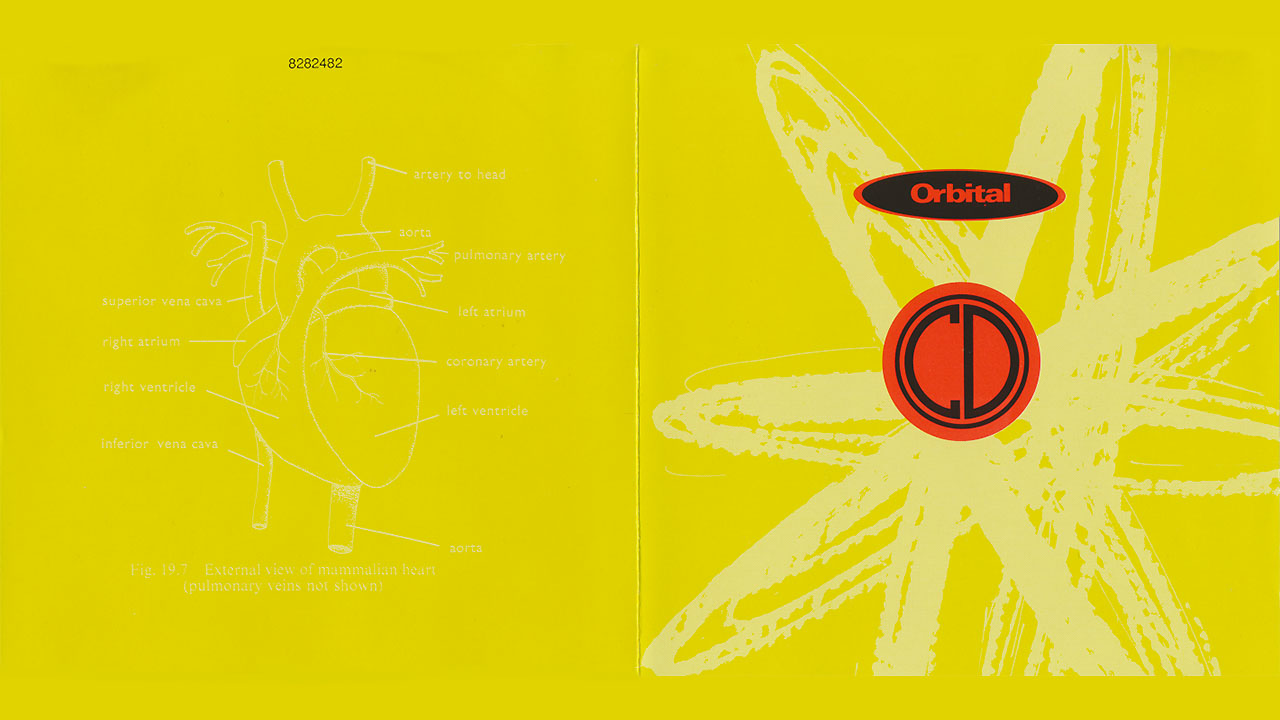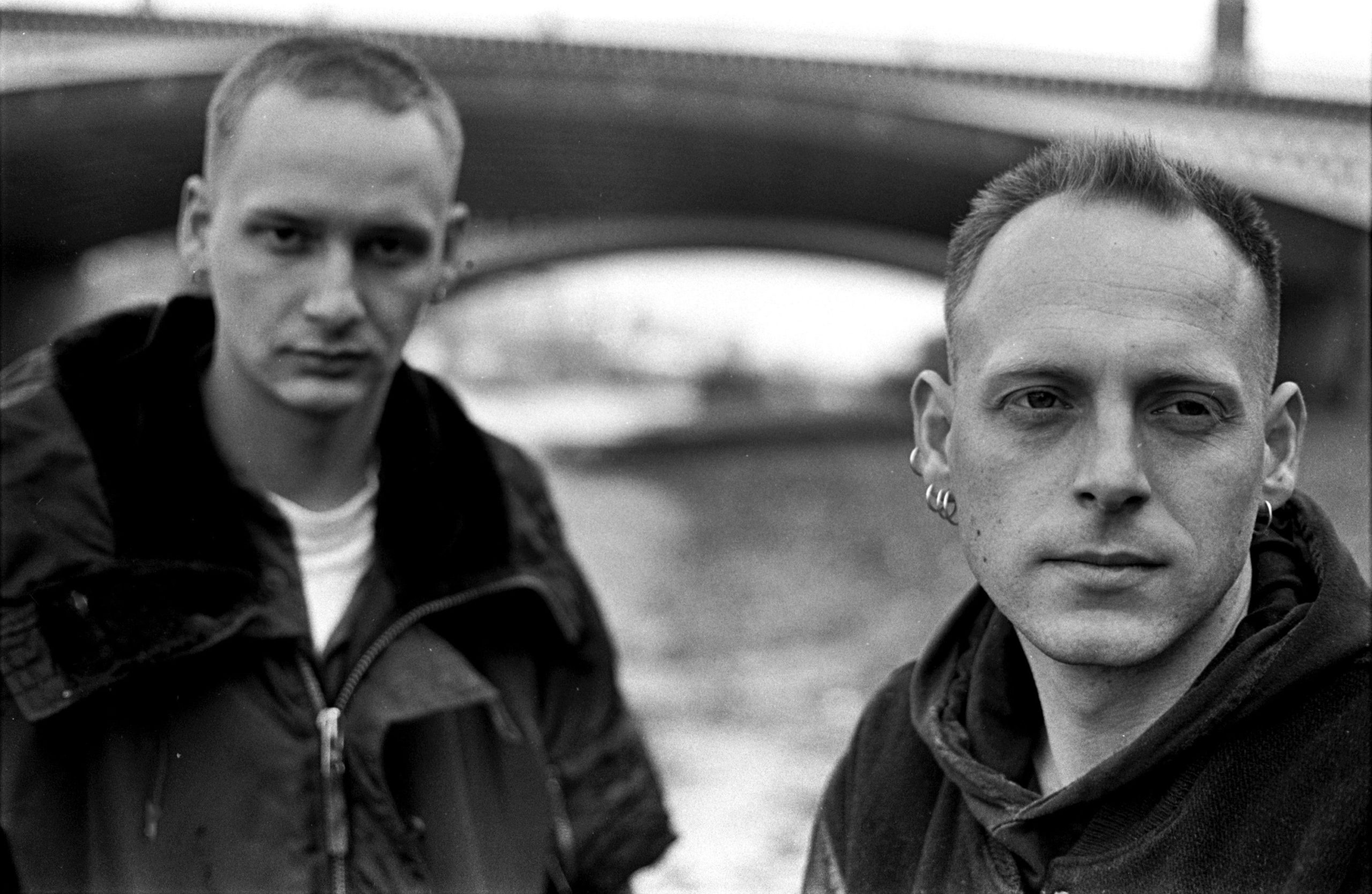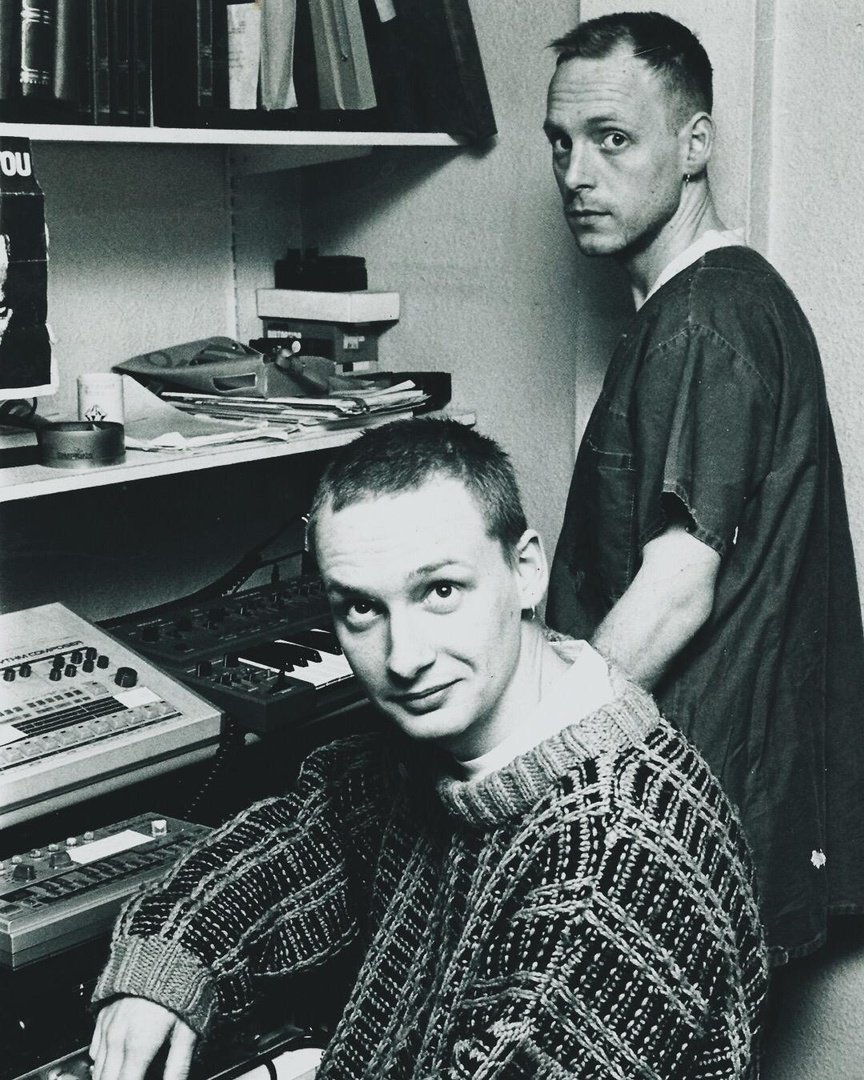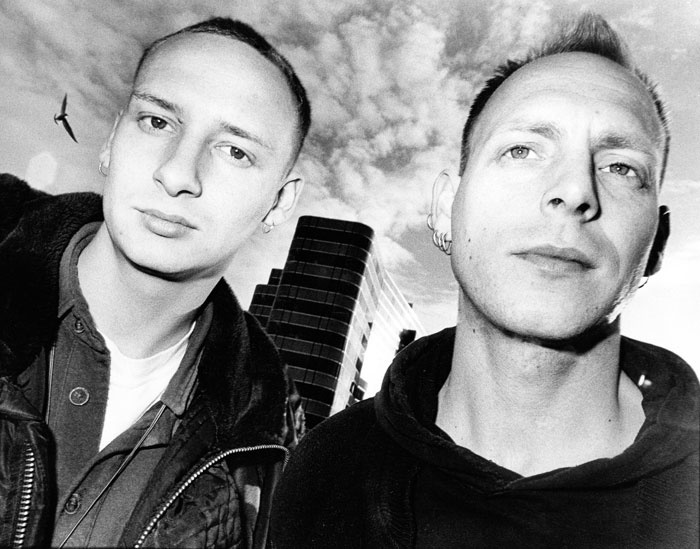
In the second installment of Soundtrack Of Our Lives we will fast forward a decade, to the dawn of this unstoppable wall of electronic sound that we can enjoy as the most enriching and innovative musical movement of the last decades.
What during the seventies with the founding fathers (Herr Hütter and Herr Schneider, accompanied by Herr Bartos and Herr Flür) were temporary storms with a hopeful horizon, in the eighties those storms became hurricanes, adding what was beginning to happen at the beginning of the decade (in the first Soundtrack Of Our Lives we talked about one of those pioneers, The Human League / Heaven 17 / BEF) and what was unleashed in the middle of the decade in different parts of the planet, such as Chicago and Detroit, Ibiza or again the UK.
As the eighties drew to a close, electronic and dance music began to make all other styles pale in comparison. House, Techno, Acid, Balearic, the first raves… It was unstoppable, overwhelming, born from the underground and it mattered little that the multinational record companies were trying to sell the world the umpteenth reincarnation of rock or pop…

Portrait of brothers Phil and Paul Hartnoll of Orbital, United Kingdom, January 1991. (Photo by Martyn Goodacre)
Two brothers, Phil (born 9 January 1964) and Paul Hartnoll (born 19 May 1968), from Dartford, Kent, UK, played a fundamental part in that historic moment in the history of recent music. In September 1991, thirty years ago, the Hartnolls’ first album, the Green Album, hit the shops on FFRR Records, a label headed by Pete Tong.
The Hartnolls grew up in Sevenoaks, near Dartford, and Paul was in a local garage band called Noddy and the Satellites in the mid-eighties. In 1987, the Hartnolls decided to take a turn in their career and, as Paul says in various interviews, “There was a cupboard under the stairs at home that my dad set up as a home office, and that’s where I set up my equipment once my parents left home to run a pub. That’s where all of Orbital‘s early work was recorded, including The Green Album“. Phil brought the devil into the house in the form of the Roland TB-303, the infernal contraption that served as the basis for those early recordings. Paul added a synthesizer and with those weapons began the process of creating those first songs.
The basis of Chime, one of the most revered and sacred hymns in the history of electronic music and an indispensable part of any self-respecting rave in the first half of the nineties, was born from Paul’s hands and that first synth in the two free hours he had between his job washing dishes and going to his parents’ pub.
“In those same days, I was trying to pair a four-track recorder with my father’s two-track cassette recorder to make a six-track studio. This meant I had to come up with six different sounds or melodies to play simultaneously. You could say that Chime cost a whopping £3.75, which was the cost of a metal cassette”.
At first they tried to imitate New Order or Donna Summer, but, with the addition of the 303, Phil thought of doing Acid House. They ended up making a collection of Techno songs with such a personal and non-transferable stamp that has led them to be at the altar of electronic music, perhaps without as much stridency as others, perhaps without as much fame, perhaps somewhat undervalued…
the Green Album, or Orbital, which is what it is actually called, was not an intentional creation for an album, as its authors have said on many occasions, it was a collection of their first tracks, which, as it happens, include a timeless anthem and one of the most beautiful tracks in the entire history of electronic music.
But we are not there yet. Paul releases two house tracks in 1988 under the name D.S: Building Contractors on the compilation The House Sound Of London – Vol. IV – The Jackin’ Zone. The Hartnolls record Chime and a few more tracks in that mini-studio under the stairs of their parents’ house and a friend suggests the name by which they have been known from then on, Orbital. It’s a magical reference, the familiar name for the M25 ring road that surrounded Greater London and served as access to the rave venues that took place in the latter part of the eighties.

They already had names, and some tracks. Now they had to be made public. Paul Hartnoll tells The Guardian in a 2018 interview: “When some of the local soul guys showed our stuff to Jazzy M, I was summoned to meet him at his record shop in Croydon. He was a real evangelist when it came to getting House music off the ground in the UK and he was always telling us: ‘Make music like this. And then come back. As soon as he heard Chime, he decided to start a label, calling it Oh´Zone. We sold 2,000 records and then six major labels came after us and we signed to London Records. Their A&R manager, Pete Tong, was buying records from Jazzy’s shop.”
From there they moved on to The Top Of The Pops, quitting their regular jobs to attend such an appointment. They turn up wearing two T-shirts, one reading No and the other Poll Tax (against the infamous tax enacted by Thatcher) and then put all the plugs on top of the keyboards so the audience could see they weren’t playing live. Pure punk attitude that got them banned from the TV show for six years.
Chime was first released on Jazzy M’s Oh’ZOne label in December 1989 and re-released on FFRR Records in March 1990. The next single was Omen in September 1990, in January 1991 came a maxi single called III which contained another of the band’s early anthems, Satan, as well as that wonder called Belfast on the B-side.
Midnight was released in August 1991 as a preview of the album. Orbital, or Green Album, hit the shops in September 1991, containing Chime, Midnight, Belfast and eight more tracks that completed the Hartnolls’ first full-length album, which brought them meteoric fame in the raves and the underground scene, not only in the UK but also worldwide, as the following year, in 1992, the Green Album was also released in the United States to a good reception.

The whole album is an initiatory gem from the energetic beginning with The Moebius to the incredibly beautiful ending with Belfast. Speaking about the creation of this sonic delight, Paul Hartnoll talked about how the track came about:
“Anyway, I’d just finished an early shift working at Pizza Piazza in Sevenoaks. I decided to do an ambient song, it was a rainy, melancholy midweek afternoon. First I got the chords and from there I set to work. I had it all set up as an ambient piece without drums, but I couldn’t resist the call of the 909 drum machine. So I put the drums on it. Much better. So what you hear here is the jam I did on a rainy afternoon, after work and before meeting my friends in the evening. At the time I remember thinking it was OK, but I wasn’t impressed too much. This was all recorded in my parents’ living room, in the staircase studio, where all the early material was composed, including the first green album.
Months after the success of Chime, in March ’90, I got a call from David Holmes, DJ, club manager and in those days also a hairdresser in Belfast. Would Orbital want to play at the University of Fine Arts in Belfast? Yes. So after the gig, in the spare room at David’s house, David asked me if we had any demos. I gave him a tape of the two tracks. Two weeks later, David called and told me that he and his friends loved the second track on the tape. We called it Belfast because of the good time we had there. So the track is titled in honour of David and all his friends and is dedicated to them.”
You can hear these two tracks, The Other One and Belfast, below.